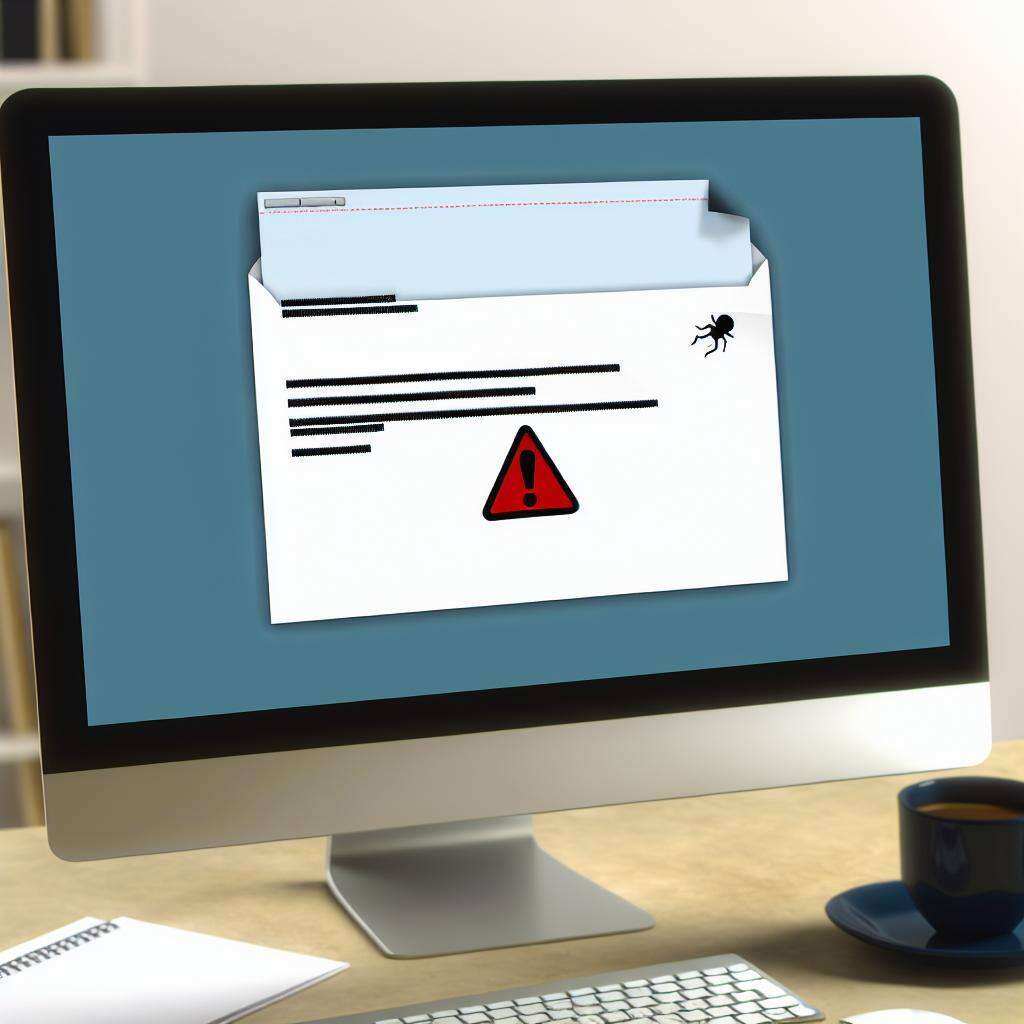In a world where the digital landscape is as much a battlefield as the physical one, the recent cyberattack on the Trump presidential campaign serves as a stark reminder of the vulnerabilities that political campaigns face. As campaigns become increasingly reliant on technology for communication, fundraising, and voter outreach, they also become prime targets for cybercriminals. The attack on the campaign as well as the warning from other agencies that this may only be the start of the attack attempts, underscores the urgent need for robust cybersecurity measures to protect the integrity of our democratic processes.
Understanding the Attack
The cyberattack on the Trump presidential campaign was not just a random act of vandalism but a sophisticated attack in the middle of a high-stakes election. While specific details of the breach are still emerging, it's clear that the attackers targeted critical campaign infrastructure, compromising communications and potentially accessing sensitive data. The motives behind such attacks can range from espionage and disinformation to the outright sabotage of a political opponent’s efforts.
The impact of this breach could be far-reaching, not only in terms of leaked data or compromised communications but also in the erosion of public trust. When a campaign is breached, it raises questions about its ability to safeguard voters' information and its overall competence in handling the complexities of modern governance.
The Broader Implications for Political Campaigns
This attack is not an isolated incident but part of a troubling trend where political campaigns are increasingly targeted by cyber threats. From phishing schemes to sophisticated malware attacks, campaigns are vulnerable at multiple points in their digital infrastructure. The fast-paced, highly visible nature of political campaigns makes them particularly susceptible, as they often rely on rapid communication, the widespread use of personal devices, and limited IT resources.
The 2016 U.S. presidential election brought global attention to the risks of cyberattacks in the political arena, and since then, the threat landscape has only grown more complex. Whether it’s local elections or national campaigns, every level of political operation must now contend with the very real possibility of a cyberattack.
Key Lessons and Takeaways
The cyberattack on the Trump campaign offers several critical lessons for political campaigns and organizations alike. The budgets for these campaigns are constantly in flux and every dollar counts in a tight race. But security needs to be a paramount consideration. Especially things like:
-
Implementing Multi-Factor Authentication (MFA): MFA is one of the simplest yet most effective ways to protect against unauthorized access. Campaigns should ensure that all accounts, especially those with access to sensitive information, are secured with MFA.
-
Secure Communications: Encrypted communication channels should be the standard for any campaign. This not only protects the content of the communications but also ensures that any data breaches are less likely to result in significant leaks.
-
Regular Software Updates: Cybercriminals often exploit outdated software to gain access to systems. Regularly updating software and applying security patches is essential to closing vulnerabilities.
-
Cybersecurity Training for Staff: Human error remains one of the biggest risks in cybersecurity. Training campaign staff to recognize phishing attempts, use strong passwords, and follow best practices can significantly reduce the likelihood of a breach.
-
Incident Response Plan/Team: No matter how robust the cybersecurity measures, the possibility of a breach remains. Having a well-defined incident response plan ensures that the campaign can respond quickly and effectively to minimize damage. And making sure you have a team with well defined scopes to handle those breaches so that everyone knows their role. Tabletop practice sessions can dramatically increase the rate breaches are contained.
The Role of Government and Industry
The responsibility of securing political campaigns doesn’t rest solely on the shoulders of the campaigns themselves. Government agencies, cybersecurity firms, and tech companies all play a crucial role in supporting these efforts. Public-private partnerships are essential in providing the resources and expertise needed to protect the digital infrastructure of political campaigns.
Additionally, there is a growing need for legislation that addresses the unique cybersecurity challenges of political campaigns. Initiatives that provide resources and guidelines for campaign security are essential in ensuring that all political entities, regardless of size, can defend against cyber threats.
How Cyber Advisors Leads in Cybersecurity and Securing Communications
At Cyber Advisors, we understand the critical importance of securing communications and protecting sensitive data, especially in high-stakes environments like political campaigns. As an industry leader in cybersecurity, we provide comprehensive solutions that help organizations of all sizes safeguard their digital assets against evolving threats. Our expertise in implementing advanced security measures, from multi-factor authentication to encrypted communications, ensures that our clients are well-protected in an increasingly dangerous cyber landscape.
Whether you’re running a political campaign, managing a business, or leading an organization, Cyber Advisors is your trusted partner in cybersecurity. We offer tailored solutions that not only defend against current threats but also anticipate and mitigate future risks, allowing you to focus on your mission with confidence. In today’s digital age, where cyber threats are ever-present, partnering with a proven cybersecurity leader like Cyber Advisors is the smart choice for securing your operations and maintaining the trust of your stakeholders.






